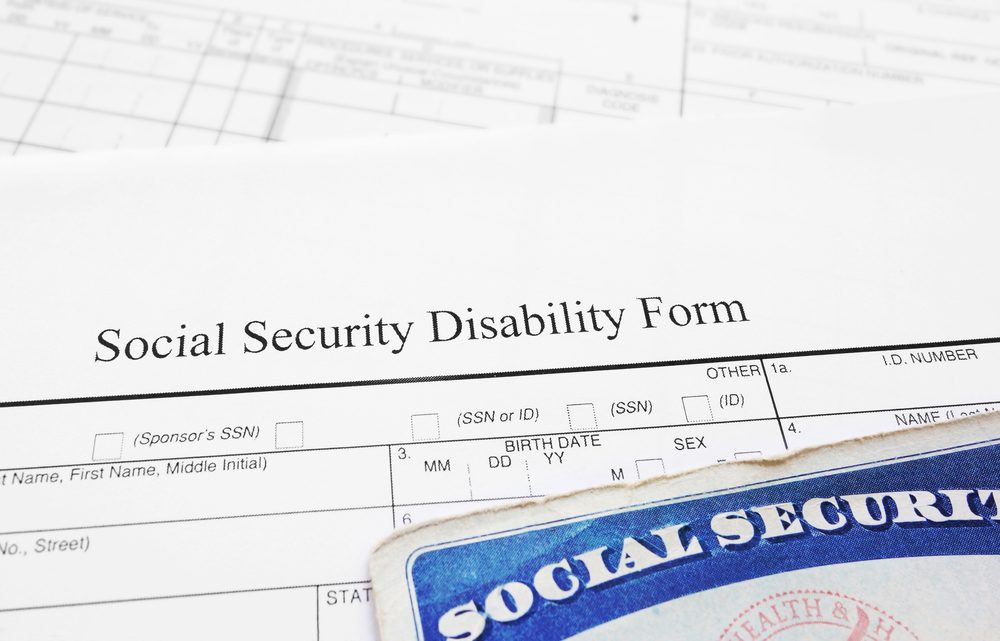Social Security Income (SSI) & Social Security Disability (SSD)
Are you disabled and unable to work? Have you worked your whole life, but now find yourself sitting at home worrying about your financial future due to an injury? Has an injury or disability kept you form working entirely? If so, you owe it yourself to obtain the quality counsel of an experienced personal injury attorney. The skilled attorneys at MalamutLaw can help you.

At MalamutLaw, we know how confusing and frustrating the SSI/SSD application and appeal process can be. Contacting an experienced SSI/SSD attorney as soon as the need arises, can save you valuable time and energy.
Many people do not understand the difference between SSI and SSD (sometimes referred to as “SSDI”), or whether or not they themselves qualify. While people will often not distinguish between SSI and SSD, they are two completely different governmental programs that need to be understood independently in order for someone to be advised correctly. The most important difference to note is that SSD is available to working individuals who have accrued the sufficient amount of work credits, while SSI disability benefits are available to low-income or unemployed individuals who haven’t accumulated enough work credits to qualify for the SSD benefits. This why contacting a knowledgeable personal injury attorney is beneficial.
What Is SSI?
Supplemental Security Income (SSI) is a government program that is a strictly need-based benefit. The government bases that need according to an individual’s income and assets. SSI is financed by general fund taxes. SSI is called a “means-tested program,” meaning it has nothing to do with your work history or lack thereof. Financial need and the disability are the only determining factors. To meet the SSI income requirements, you must have less than $2,000 in assets (or $3,000 for a couple) and limited income. Disabled people who are eligible under the income requirements for SSI are also able to receive Medicaid in the state they reside in. Most people who qualify for SSI will also qualify for food stamps, and the amount an eligible person will receive is dependent on where they live and the amount of regular monthly income they have. SSI benefits will begin on the first of the month after you first submit your application.
What Is SSD (or SSDI)?
Social Security Disability Insurance (SSD or sometimes referred to as “SSDI”) is funded through payroll taxes. SSD recipients are considered “insured” because they have worked for a certain number of years, and they have made contributions to the Social Security trust fund in the form of FICA Social Security taxes. SSD candidates must have earned a certain number of “work credits”, and be under the age of 65. To learn more, follow this link to an article on SSD and work credits. After receiving SSD for two years, a disabled person will become eligible for Medicare. Under SSD, a disabled person’s spouse and children dependents are eligible to receive partial dependent benefits, called auxiliary benefits. However, only adults over the age of 18 can receive the SSD disability benefit. There is a five-month waiting period for benefits, meaning that the SSA won’t pay you benefits for the first five months after you become disabled. The amount of the monthly benefit after the waiting period is over depends on your earnings record, much like the Social Security retirement benefit.
The Application And Approval Process
The decision to apply for SSD/SSI comes when you cannot physically work and still need an income to survive. You do not need to have a disability related to work as all injuries and medical conditions are considered in total. Once you file for these benefits a judge will first consider your age and medical condition prior to rendering a decision. Usually, people under 50 will be denied as these benefits are usually final income for a person who cannot return to any gainful employment. This includes any job in the local community.
Why Would You Need An Attorney?
By general rule, it is always advisable to retain an attorney as early as possible in any situation that may require one. Even if you’re simply considering filing for disability, it is a good idea to call an attorney for a free consultation. Your attorney can help you evaluate the strength of your claim and assist you with your initial application. While it is possible to apply without legal representation, you’re more likely to get approved if you obtain experienced legal counsel.
Perhaps the only time you should refrain from calling a lawyer is when you have submitted your initial application to Social Security and are awaiting an answer. Disability Determination Services (DDS) will send you a letter regarding their determination. In the case of an approved claim, the letter will indicate the amount of benefits you will receive and the date payments will begin. In the case of a denial the letter will provide an explanation for withholding benefits as well as a method of appeal. Once denied, most applicants choose to seek legal representation due to the increased complexity of the appeal process. An attorney will be able to advise you and help you navigate through the appeal process once you have been denied on your initial application. An attorney can help put together the needed medical documentation, and will go with you to a hearing before a judge. An attorney can also oversee your continued care, if needed. An attorney will not receive any fees unless you are approved and benefits are being paid.
How Can We Help?
Contact MalamutLaw today to schedule a consultation for us to discuss your specific situation.
